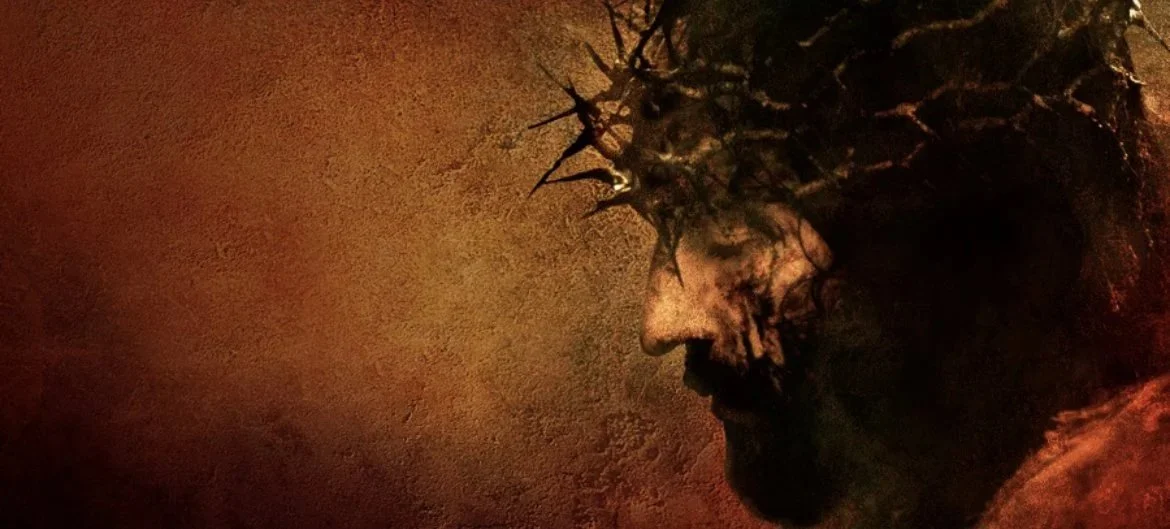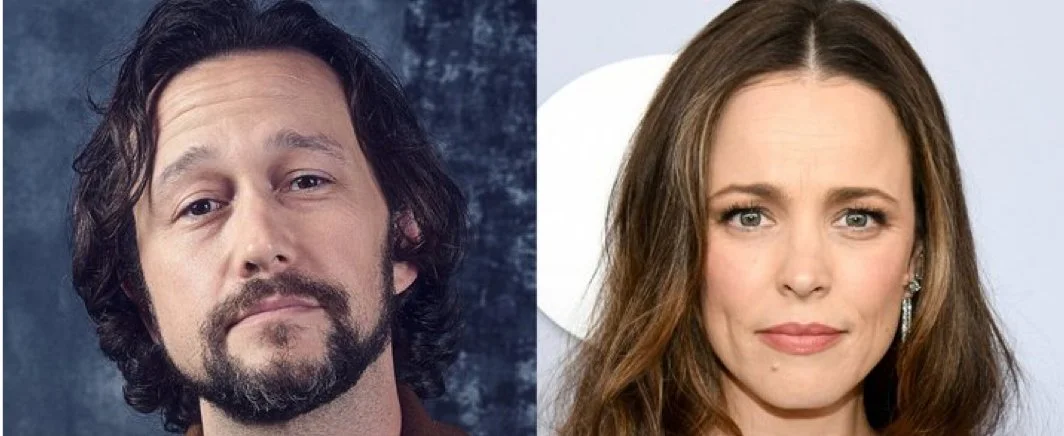Earlier in the week, we had first reactions to Netflix’s upcoming awards season contender “Ma Rainey’s Black Bottom,” based on August Wilson’s play, and, suffice to say, the film features Oscar-worthy performances from Viola Davis and, most intriguingly, the late Chadwick Boseman.
Director George C. Wolfe’s film, taking place during a single day’s recording session in Chicago, has a young trumpet player (Boseman) trying to modernize the blues music of his boss, singer extraordinaire Ma Rainey (Davis), much to her dismissal. And yet, should he be trusted? Is he in it for his own gain of fame? Those are the questions being asked in “Ma Rainey’s Black Bottom.”
Viola Davis’s Ma shares screentime with Boseman and, much like the rest of her career’s work, this is an exemplary and emotionally rich depiction of the famous blues singer. Her grotesquely over-the-top makeup and heavy mascara hint at an artist filled with emotional scars, hiding behind her flamboyant persona. She’s certainly willful and tough-spoken, but Wilson clearly wrote this character for the stage, as Ma has the kind of empowering presence, more caricature-ish than fully written or deeply explored, that would be much more valued on stage.
Davis already has three Oscar nominations, including a win for 2017’s “Fences,” but it’s Boseman’s shattering performance as the self-destructive Levee that will drive buzz for this movie, which, at times, cannot transcend the staginess of its theater origins. Boseman’s best moments here are two highly-charged monologues delivered in passionately devastating ways — the most notable one has him recounting a traumatic incident to his bandmates backstage, a personal tragedy of heartbreak that happened when he was just a child. Much like what Denzel Washington did with Wilson’s words in “Fences,” Boseman gives us a fierce and fully-formed delivery of the legendary playwright’s words — he could very well become the third actor, after Peter Finch (Network), and Heath Ledger (“The Dark Knight”), to win a posthumous acting Oscar.
Although the performances are excellent, the movie itself can’t quite escape its origins and the characters don’t feel as alive and fully-fleshed out as they ought to be. It’s the same feeling I had with Wilson’s other notable movie adaptations, “Fences” and “The Piano Lesson: monologues, lengthy conversations, all of it was too drawn-out. Wilson’s dialogue is very “written” sounding, very theatrical, and it almost feels like the entire ensemble are acting on a podium rather than attempting to deliver a legitimate feature film. [B-]





